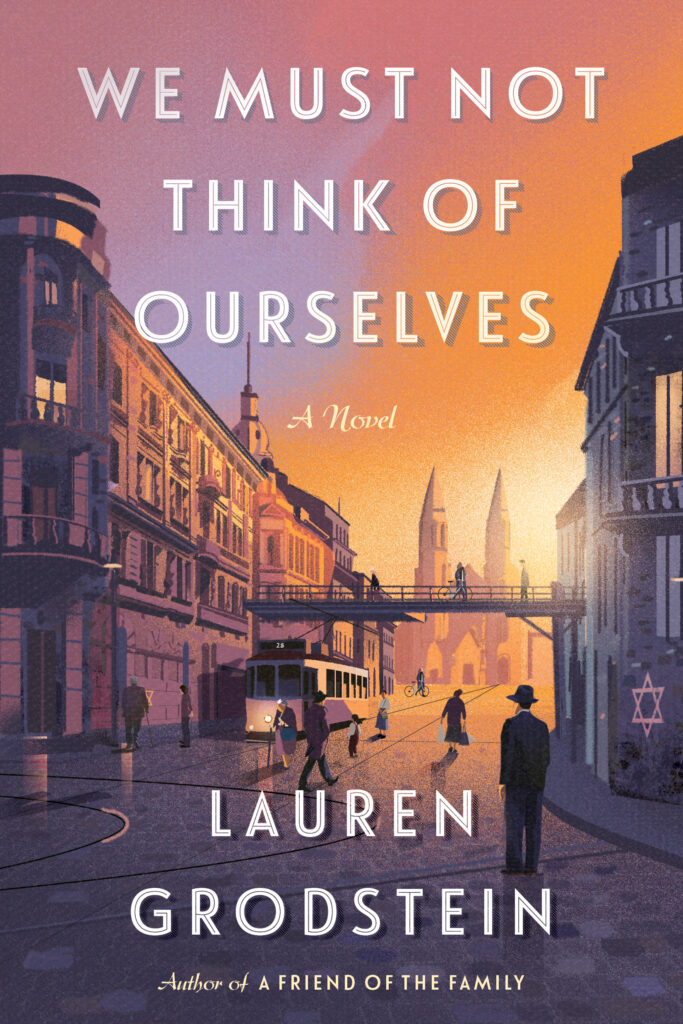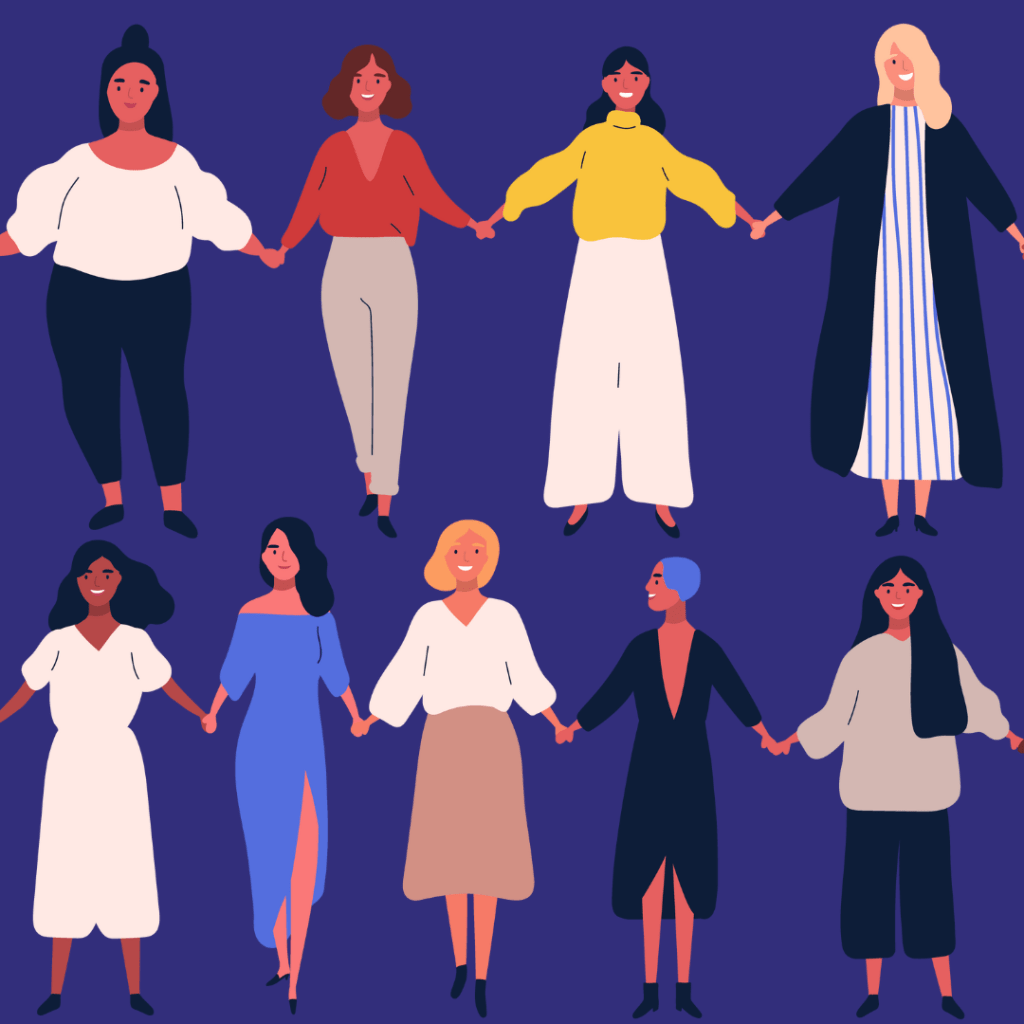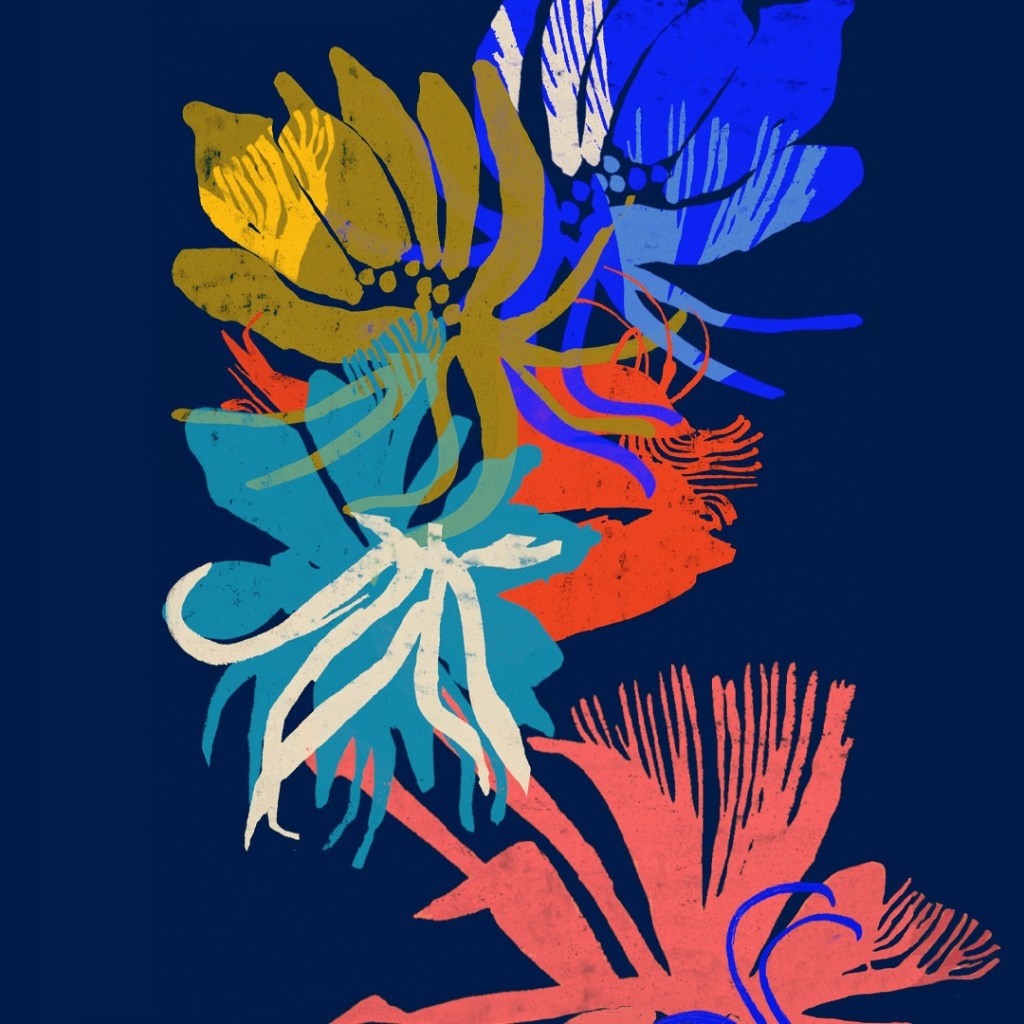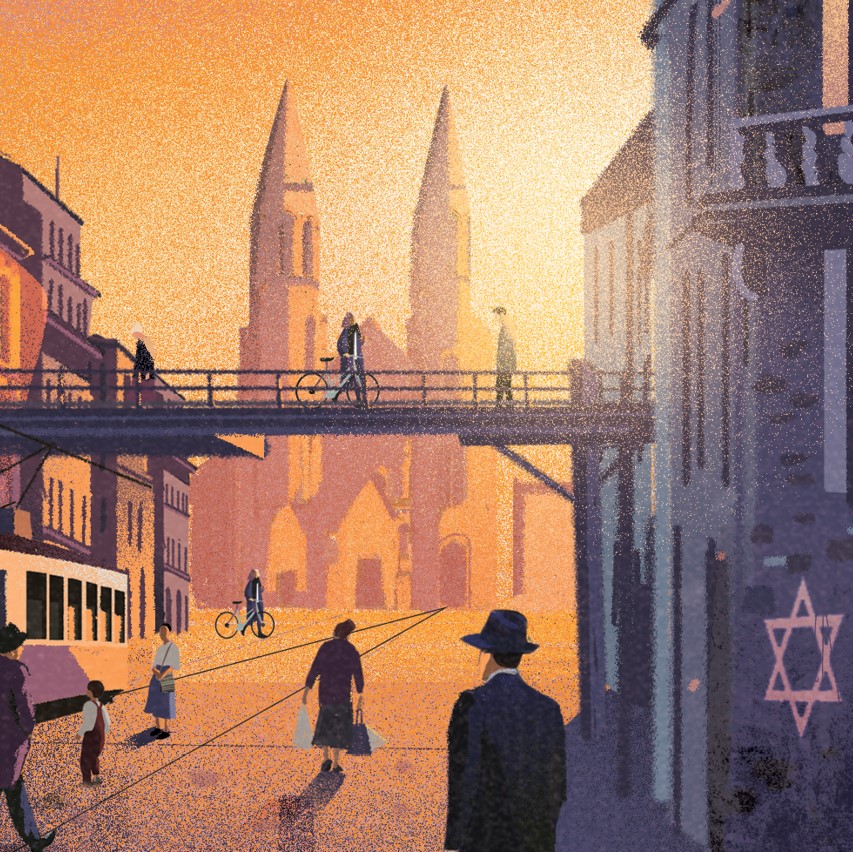Read an Excerpt of We Must Not Think of Ourselves by Lauren Grodstein

A vibrant and intimate novel of love and Jewish defiance set inside the Warsaw Ghetto, We Must Not Think of Ourselves is based on the actual archives people kept at the time so their stories would survive World War II. Inspired by the testimony-gathering project known as Oneg Shabbat, New York Times bestselling author Lauren Grodstein draws readers into this world, into the lives of people living on the edge, with vivid detail and heart-rending emotion.
Read this excerpt from We Must Not Think of Ourselves, available August 8:
The man came to my classroom on December 14, 1940, at 4:40 pm. I wrote the time and date down immediately, because he asked me to write everything down immediately, and there was no reason not to comply. “All the details,” he said, “even if they seem insignificant. I don’t want you to decide what’s significant. I want you to record. You are a camera and a dictaphone, both.”
He was tall, with brown curly hair that seemed clean, newly cut. He had heavy brows and a sharp nose and all in all was handsome in a rather somber way. Heavy-lidded eyes. He spoke educated Polish with an eastern accent. His name was Emanuel Ringelblum.
“I’ve heard of you,” I said. He was the one who was organizing relief agencies, soup kitchens.
He smiled, briefly, and his face briefly warmed. “I’ve heard of you too. You were a teacher of foreign languages at Centralny. Now you’re teaching English here.”
“That’s right.”
He put a hand in his pocket, took a glance around my meager classroom. “I have an archival project I’d like you to be part of, if you’re interested.” He paused as if to consider his words. “It’s important work. I’ve asked several people I know – professors, writers – to take notes on what they witness during their time here, to write down everything that’s happened from the time we wake up to when we go to sleep.”
“And we do this – why?” I asked. Very few of us here needed more to do.
“It is up to us to write our own history,” he said. “Deny the Germans the last word.”
A dry chuckle escaped me. “It’s hard to deny the Germans anything, Pan Ringelblum.”
“Perhaps,” he said. “Or perhaps, after the war, we can tell the world the truth about what happened.”
It was quite cold in the basement; in the few weeks I’d been teaching, I had twice ended class early for cold. Ringelblum didn’t seem to notice.
“Our task is to pay attention,” he continued. “To listen to the stories. We want all political backgrounds, all religious attitudes. The illiterate and the elite. Every ideology. Interview them. Learn about their lives. I need the best minds here to help.” He paused as if to add something, but decided against it. “Will you join us?”
I was flattered. “I will.”
“I’m glad,” he said, and reached into his bag to hand me a small white notebook. “Write about what it’s like to teach here. Your students, their parents, their friends. Whatever you observe,” he said. “There is no privacy here.”
Of course I knew that.
“Ask them questions about how they lived before this. Write down what they re-member. And your own life, with your family before they left. With your wife while she was still alive. And your day to day activities, in and out of the classroom. I can offer you a small stipend. I’m not sure how long I’ll be able to do that, however.”
I wanted to ask how he knew about me, how he knew who I was and what I did, but he didn’t really invite questions. He had that authority about him.
“If they find the notebook you could be killed,” he said.
“They won’t find it.”
He nodded, told me that we would meet on Saturdays at the library at 3/5 Tlomackie Street.
“You’re not religious, are you?”
Before all this I had barely remembered I was a Jew. I told him as much.
“Well, they won’t let you forget now,” he said.
“Surely not,” I said.
“Our group is called Oneg Shabbat,” he said. “The joy of the Sabbath.”
“Yes, I’m familiar with the term.”
He left the room a few minutes before five. I leaned against the overturned barrel —my classroom had no chairs— and wrote down what he said, all the details. The perfect Polish. The hooded eyes. I then wrote down a few scraggly details about myself – my name, my height and what I imagined was my weight, and then immediately scratched it out, self-conscious. I had never been a diary keeper. I had never thought myself such an interesting subject. I almost tore the page out and started again but then I thought – what if someone found my discarded notes? And I also thought: it is not my job to decide what’s significant.
So I kept going.




